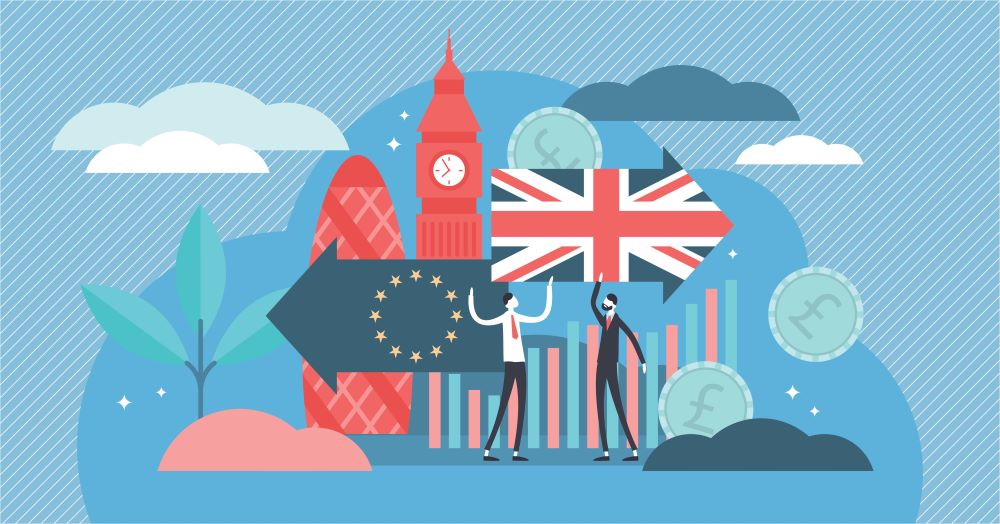
Reports that Britain could pursue a Swiss-style deal with the EU to improve its trade relationship with the bloc have been roundly rejected by the prime minister and members of his cabinet.
At the weekend, the Sunday Times reported that the government would look to pursue frictionless trade with the continent, modelled on Switzerland’s EU relationship.
The move prompted a negative reaction from several senior Conservatives, including former Brexit negotiator Lord Frost and former minister Simon Clarke.
PM
Prime minister Rishi Sunak himself quashed this rumour at the CBI conference today (21 November).
“On trade, let me be unequivocal about this. Under my leadership, the UK will not pursue any relationship with Europe that relies on alignment with EU laws,” he said during a Q&A.
The story was also rebuffed by cabinet ministers including health minister Steve Barclay.
“I don’t support that. I want to maximise the opportunities that Brexit offers,” he said, reports Reuters.
Opposition
Former trade minister Liam Fox told The Telegraph a debate on the issue was a distraction as ministers sought to stabilise the economy.
However, Lord Price, another former trade minister, said a Swiss-style deal with the EU would be the “right way for us to go forward” and called for the government to adopt a pragmatic approach.
Swiss model
Senior government sources suggested that pursuing frictionless trade requires moving towards a Swiss-style relationship over the next decade but insisted this would not mean a return to freedom of movement.
According to the Guardian, despite being outside the EU, Switzerland is the bloc’s fourth biggest trading partner and its economy is closely integrated with the 27 member states.
What is the Swiss deal?
Switzerland has access to the EU’s single market, but in return has to accept the EU’s conditions including freedom of movement and payments into the EU budget.
In recent years, the EU has also pushed for the European Court of Justice to have greater oversight in the relationship. The Swiss have frequently debated restricting free movement from the bloc, but in the most recent referendum opted to keep it.
Switzerland participates in EU research and education programmes, and is signed up to the Schengen free travel area.
To ensure the smooth trade of goods across borders, the EU-Swiss agreement removes all documentary and identity checks, most physical checks and most veterinary certificates.
Switzerland also has to accept package deals from the EU that include elements of legislation it has previously been opposed to.
CBI wants growth
With the PM addressing the CBI conference, its boss told Sunak that business needs more immigration to fill job vacancies in Britain, reports the FT.
Tony Danker said “the best guarantor of Brexit is an economy that grows” and urged the PM to end the stand-off with Brussels over the Northern Ireland Protocol.
He included a push for the government to consider fixed-term visas as a way to address “vast” labour shortages facing UK businesses.



